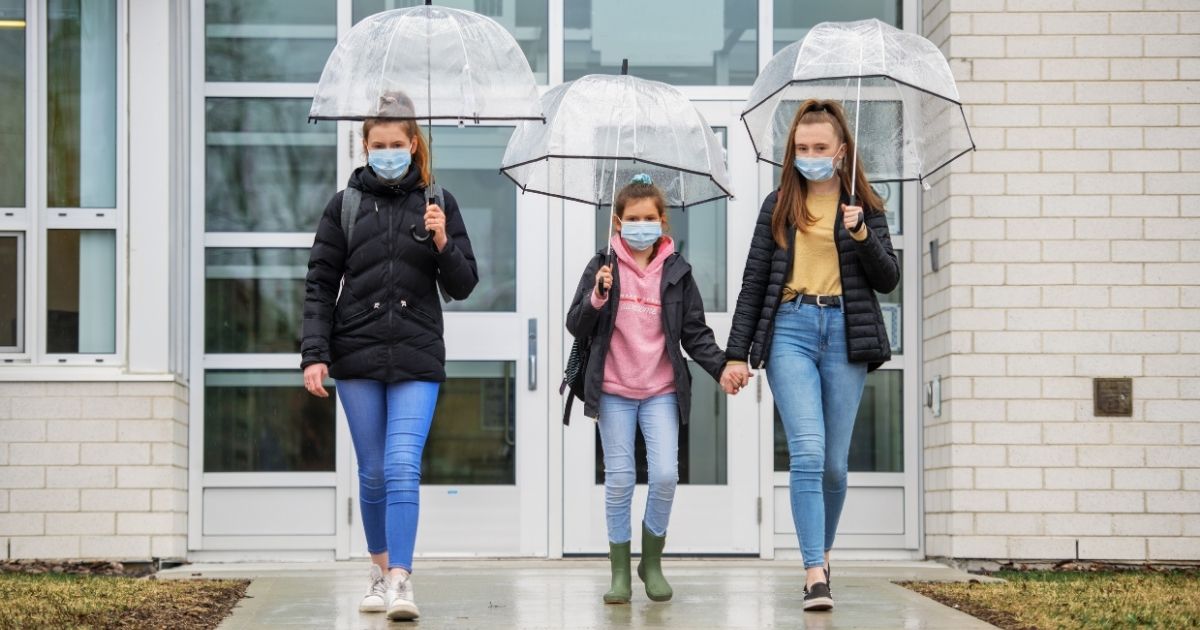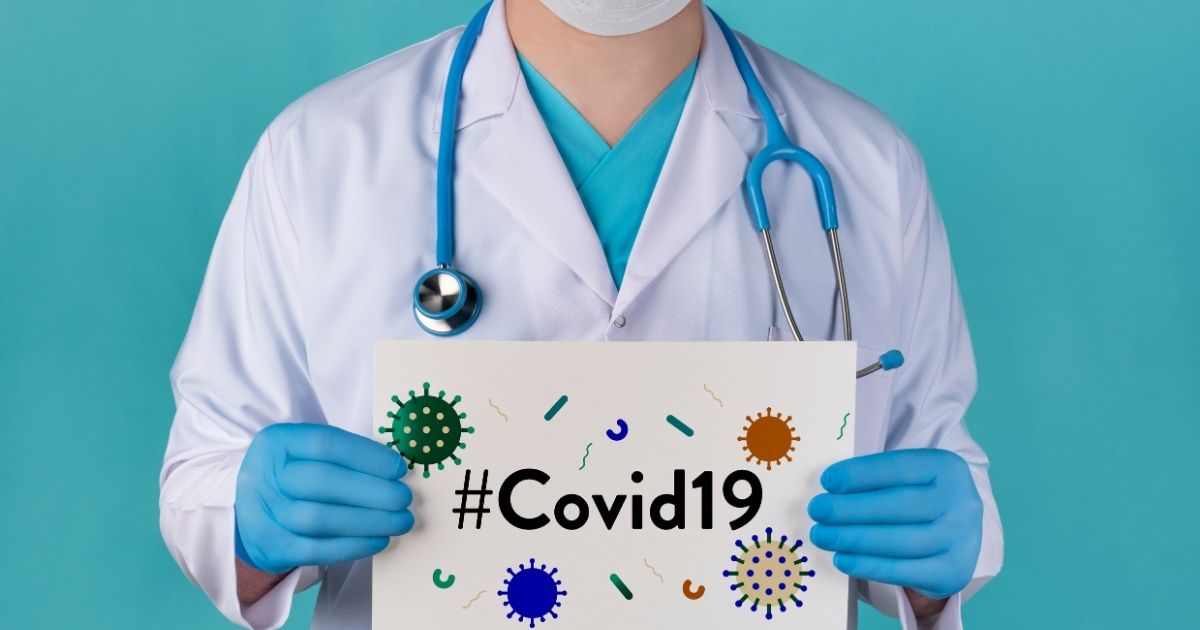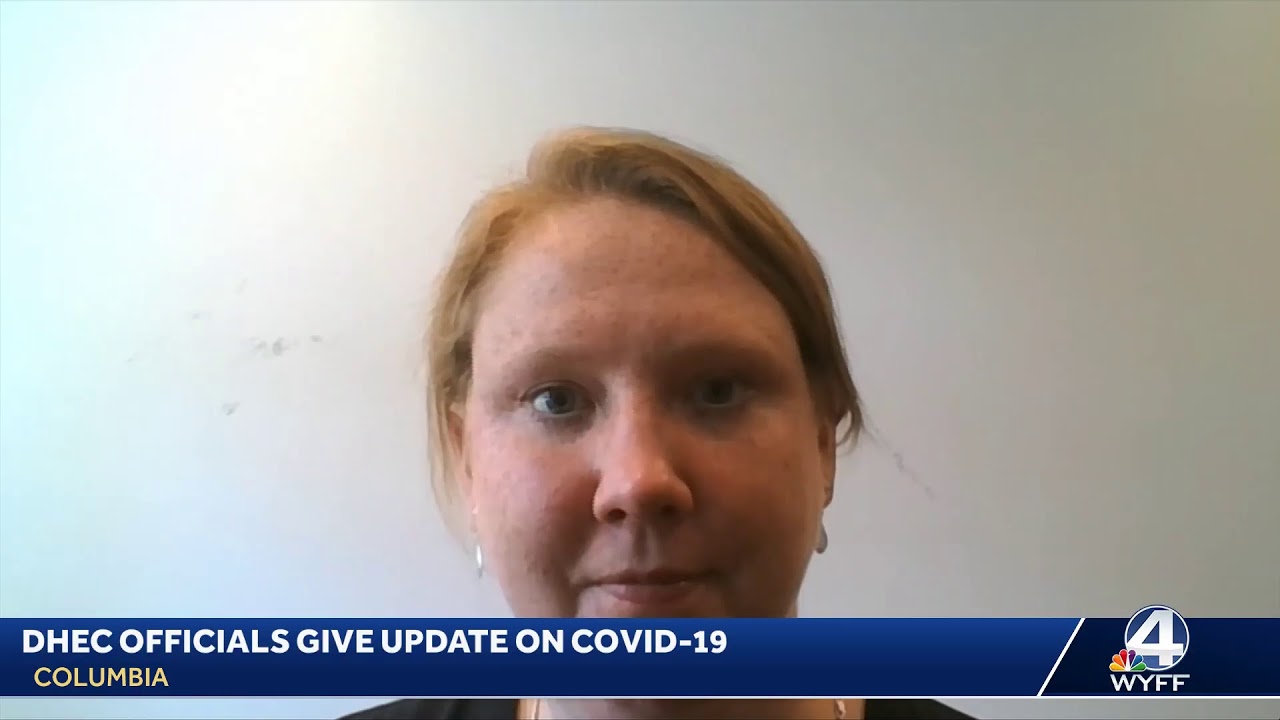It can be overwhelming to think we are entering another year with Covid-19. While vaccines are now available and proving effective, daily Covid-19 infections are still averaging nearly 1000 new and probable cases each day and the physical and the mental toll of the pandemic continues to weigh on each of us.
Today, we are sharing a great interview with Bon Secours Psychiatrist Dr. Carson Felkel where he shares insights into the community health impacts of the ongoing Covid-19 pandemic.
What are some symptoms and warning signs that an individual may have that indicate they are not dealing adequately with Covid-19.
You’ve got the general population who has suffered through COVID-19, and then you have vulnerable subgroups that went into COVID-19 with mental health conditions, and yes, from the loneliness and fear of getting sick, that has induced and exacerbated mental health and addiction issues. Beyond that, we have a whole new wave of patients who have developed the post-acute brain disease from this viral infection. That’s what we term Post-Acute COVID and it really does mimic a traumatic brain injury.
It is well documented that viruses like COVID-19 can cause a constellation of symptoms for people after they overcome the viral infection. Those symptoms frequently involve the heart, the lungs, the GI system, the joints, and of course, the brain. What we’re seeing predominately from Post-Acute COVID are the brain symptoms – headaches, depression, anxiety and fatigue, etc. About one in three patients will develop these neurological symptoms and struggle with mental health.
Most symptoms following COVID-19 resolve around four to six weeks, but there’s a number of symptoms that either persist and potentially worsen or even begin afterwards. A lot can vary based on whether you had a complicated or very simple, mild COVID-19 course, so it’s hard to predict how complicated your symptoms will be.
How long should a person wait before getting help if they feel that Covid-19 is becoming overwhelming?
There has been a documented increase in the number of strokes following COVID-19. So, if you’re having those classic symptoms like speech difficulty and drooping of the facial muscles you need to get help immediately. Sometimes those effects even come later in a post-acute period, so you need to be vigilant. It also never hurts to talk to your primary care provider or reach out to a counselor or therapist to process what you’re going through.
Is it common for people to exhibit variations as to how they perceive and handle the pressures of Covid-19?
This is a disease that is unique to each individual person. For instance, brain fog is such a general and vague term that gets used a lot. As we talk about brain fog, every person experiences that differently – to some it could be not being able to multi-task at work anymore and to others it could be not being able to recall their kids’ names quickly. It’s important for people to talk to their health care provider about the specific aspects they’re struggling with. Brain fog is real and very common but it’s important to talk about what specifically is happening to you to help determine if you need to seek further treatment.
What steps can a person take on their own to help them cope with Covid-19 as it rolls into year two?
A common theme throughout this pandemic was the disruption of restorative sleep. A focus on getting good sleep is a must. That would include improving sleep hygiene by doing things like lowering your body temperature, cutting out caffeine and not working out right before bed. If those don’t help, reach out to an expert to help address whatever issues may be preventing you from getting that restorative sleep.
We also now have social media where people can get additional support or even join specific groups where they can talk about their shared symptoms. There’s a level of awareness around this pandemic, as it’s impacted so many, so there’s an added comfort in being able to know you’re not alone.
What signs indicate that a person should need professional help in coping?
It’s important to stay in touch with your primary care provider about what’s going on with you. They can help identify those issues that may require a professional’s help with additional treatment.
Is it common/normal to be wary of venturing back out into the world as things are slowly opening up.
Yes. Some may have ongoing worries about the virus itself. For instance, they may find it tricky to resume a normal activity such as exercise if it means going to the gym where many people may not be masked. The same can be said for visiting a store or restaurant, as the safety level, which in turn can shape a person’s comfort level, is often dependent upon the rules set by each establishment.
Many people have also been isolated for months at this point, and a return to socializing and being around people may create some anxiety just as with any situation in which we’re making a change our normal routine.
Additional Thought:
Post-Acute COVID is nothing new. After the Spanish flu pandemic in 1918, asylums increased by 7% each year for 6 years. In 2003 with SARS, 33% of people had a psychiatric condition and around 17% of people were not back to work in a year. Same thing happened in 2012 with MERS – if you look back, it happens after every pandemic. The actual bigger conversation isn’t how do we recognize these symptoms, it’s why do we keep forgetting that this happens every pandemic? Everyone is so eager to move beyond this pandemic – and I can understand this – but I fear we are going to again forget for the next 100 years until that next pandemic what the next 6 months are going to hold.
About W. Carson Felkel II, MD, FAPA

Loyola University Chicago Stritch School of Medicine










